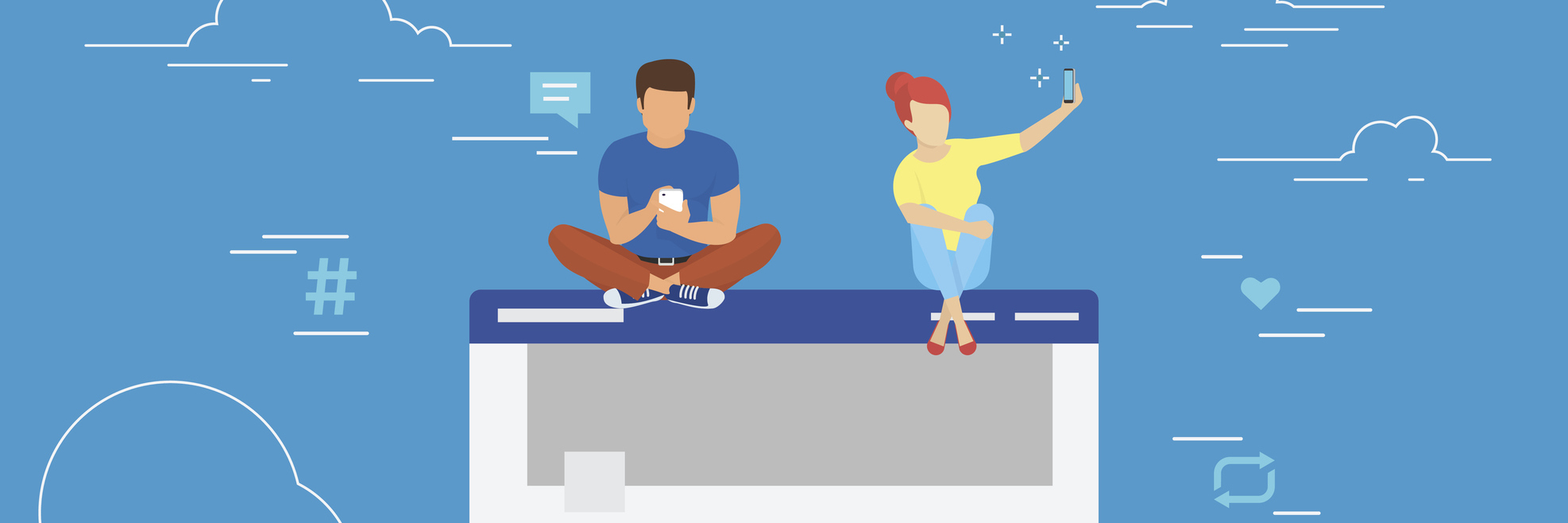I was diagnosed with neuropathy in September of 2013, and by October I had begun what would turn into about two years of testing to find a specific diagnosis. I know that in the world of rare diseases two years is not a long time for a diagnosis. According to the National Organization for Rare Disorders, it takes an average of seven years for a rare disease patient to receive an accurate diagnosis. I have talked to people who searched for an accurate diagnosis for 10 years and longer.
As I was going through this process of testing and diagnosis, I began to experience depression and anxiety, and that was on top of the physical symptoms I was experiencing related to the neuropathy. In early 2014 I began seeing a therapist to help me manage my feelings while going through the process of getting a diagnosis. On July 10, 2015 I was diagnosed with Pompe disease, a form of muscular dystrophy. I went through a range of emotions including anger, fear, relief, sadness and hope. Without my therapist I don’t know how I would have made it through that year.
Once I received a diagnosis of Pompe disease I began to do as mush research as possible. I read anything and everything I could find. When I didn’t understand something I did research on that, or I called one of my friends or family members who are medical professionals. This worked for and against me. While having information was good, it certainly contributed to my depression and anxiety. I couldn’t sleep, I overate, I ate too little, I missed a lot of work, I was tired and I cried almost every day. Some nights I went to bed thinking that this was it for me. I didn’t expect to wake up in the morning, because I could not imagine how a person could live while being in so much pain.
I my research I came upon several Facebook support groups for people with Pompe disease and other glycogen storage disorders. It was very exciting and humbling to find these groups and I was warmly welcomed.
As a social worker I am an advocate of therapy whether it be individual, group, art, music, play or whatever is most appropriate for your needs. I have also experienced a serious bout of postpartum depression and was able to recover with the help of my therapist and a cohesive support group. However, during my road to recovery I was asked to leave the first support group that I was in. The facilitators of the group believed that I was not ready for group therapy and that I should continue with my individual therapist.
While I believe this caused a significant delay in my recovery, I understand their reasons. I also believe that the manner in which my dismissal from the group was handled was inappropriate. I was not given any other options for support groups. When I did find a group that was a good fit, it became vital to my recovery.
I recently began asking myself, can Facebook support groups really replace the connections you make with members of a face to face support group? How can a support group be effective when there are 100 plus members who all have different needs? How can a support group be effective when all of the members experience Pompe differently? How can a support group be effective when the members are at different stages of their disease, or when there are no boundaries or specific guidelines for what the group hopes to accomplish?
As I pondered these questions I realized that it is not for me to decide. If a person gets something positive out of a Facebook support group, that’s great for them. If their Facebook support network helps them get through tough times, what’s wrong with that? And if the Better Care Reconciliation Act passes, mental health services may become harder to access or cost more out of pocket, and we may become more dependent on Facebook groups, which is definitely not an ideal situation.
With rare disease there are not always a lot of options for support, care, treatment and other services, because after all, it’s a rare disease. So when you find a group or doctor who understands what you’re going through it seems natural to want to cling to it and to find ways to make it work. It’s a very powerful feeling to be among people who can relate to your experience, especially when there are not many people who can.
I value the help and support that I received and continue to receive from the Pompe groups on Facebook, I don’t know what I would have done without it when I was diagnosed two years ago. While I believe that Facebook groups are valuable, I don’t think they can replace a therapist or organized support group. I also do realize that not everyone is ready for therapy – nor does everyone have access to mental health services, and it is not my place to tell someone that they should go. I believe that is a personal decision that a person has to make for themselves. So in the meantime, if the Facebook group is helping them to keep going then isn’t it serving a purpose? It’s up to me to figure out what purpose the group will serve for me.
We want to hear your story. Become a Mighty contributor here.
Thinkstock Image By: Lightcome

